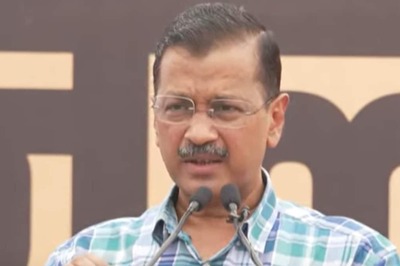
views
Lima: Asia-Pacific leaders were urged on Friday to defend free trade from rising protectionism after the election victory of Donald Trump stoked fears that years of tearing down barriers to global commerce could be reversed.
Trump, who triumphed in last week's US presidential vote, successfully tapped the anger of working-class voters who feel left behind by globalization, vowing to protect American jobs against cheap labor in countries like China and Mexico.
The brash billionaire notably vowed to scuttle US President Barack Obama's key trade initiative in the Asia-Pacific, the Trans-Pacific Partnership (TPP), leaving a vacuum that China -- which was excluded from the deal -- is keen to fill.
As a summit of the 21-member Asia-Pacific Economic Cooperation (APEC) group got under way, host President Pedro Pablo Kuczynski of Peru urged the region's leaders to robustly defend free trade, while the US sought to reassure worried allies.
"In the US and Britain, protectionist tendencies are taking over," Kuczynski told APEC leaders.
"It is fundamental that world trade grow again and that protectionism be defeated."
Trump's victory came after Britain's surprise "Brexit" vote in June to leave the European Union, adding to deep uncertainty about the post-war world order and the future of free trade.
A delegate at ministerial meetings held on Thursday and Friday said APEC ministers had expressed concern over growing protectionism in the United States, and that the mood had been somber.
The official, who asked not to be named, said US Trade Representative Michael Froman had sought to assure ministers that American core interests don't change from administration to administration.
The US president-elect is not at the summit but he looms large over the meeting of APEC, a free-trade club founded in 1989 that represents nearly 40 percent of the world's population and nearly 60 percent of the global economy.
In a clear jab at the mogul's anti-trade stance, Kuczynski said that "anyone who wants to promote protectionism (should) read an economic history of the 1930s."
He conceded that the summit's planned agenda -- a focus on "growth with fair employment" -- had been hijacked by the recent votes and urged the leaders in Lima to react forcefully.




















Comments
0 comment